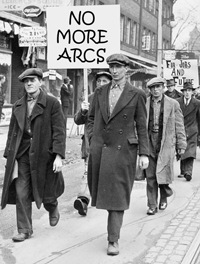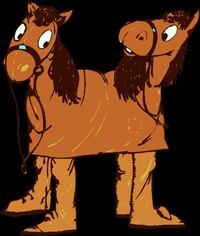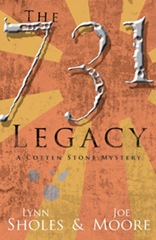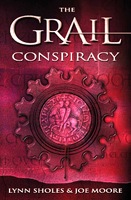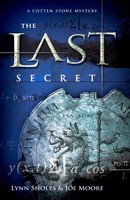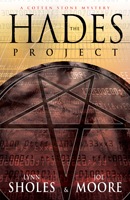By Joe Moore
 John Updike (1932 – 2009) The writing community lost another great one on Tuesday. John Updike was the author of over 50 novels and winner of two Pulitzer Prizes, Updike was best known for his "Rabbit" novels. Mr. Updike had a rich, poetic writing style that captured the hearts of millions. He will be missed.
John Updike (1932 – 2009) The writing community lost another great one on Tuesday. John Updike was the author of over 50 novels and winner of two Pulitzer Prizes, Updike was best known for his "Rabbit" novels. Mr. Updike had a rich, poetic writing style that captured the hearts of millions. He will be missed.
~~~~~~~~~~~~~~~~~~~~~~~~~~~~~~~~~~
On a recent writer’s forum, someone asked the basic question: “what makes a good book?” Or, better yet, why is it that some books are hard to put down while others are easier to put down than a bucket of toxic waste?
From a technical standpoint, we could analyze the grammar, punctuation, sentence structure, command of the language, and a dozen other things we studied in school. (Which begs the question: why aren’t all English professors bestselling authors? But that’s something for another blog post.)
We could also discuss the book’s premise, theme, plot, voice, style, pacing, point of view, accuracy, and all those issues that were topics at the last writers’ conference workshop.
But my answer to what makes a good book is simple: soul. By that, I mean the soul of the writer. The more a writer involves or reveals his or her soul in the writing, the more the reader can and will relate to the story. Since soul is what separates us from the chimps and fish, it’s the element of a story for which we can all connect.
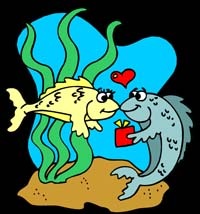 So how do you put soul in your writing? First, I believe you must write about something you love; chose a subject you care deeply about. If you find a topic you care about, it will become obvious and others will care as well. It’s impossible to hide your love for your story. It’s the caring and love of your story, not the plot or theme or point of view that will be the most compelling and seductive element of a good book.
So how do you put soul in your writing? First, I believe you must write about something you love; chose a subject you care deeply about. If you find a topic you care about, it will become obvious and others will care as well. It’s impossible to hide your love for your story. It’s the caring and love of your story, not the plot or theme or point of view that will be the most compelling and seductive element of a good book.
It’s worth repeating: it’s impossible to hide your love for your story.
Now don’t be confused with some authors’ love of their own words. That will sink you faster than yesterday’s NYSE. No one likes being talked down to or an author who is so into himself that he gets in the way of the story from ever becoming real. No, the soul of a story—your soul—must come through. It doesn’t matter whether it’s a cozy murder mystery with cute cats on the cover or a gritty Noir with dead cats on the cover, it must contain generous portions of your soul, your love of what you do and how you do it. Without it, as Truman Capote once said, “That’s not writing, that’s typing.”
Put your soul into your writing. Love your story. The result is the answer to what makes a good book.

